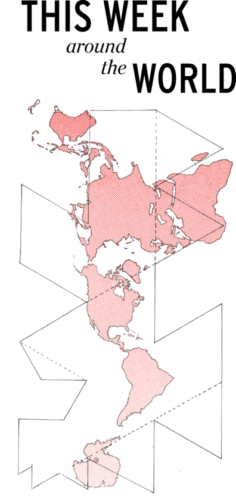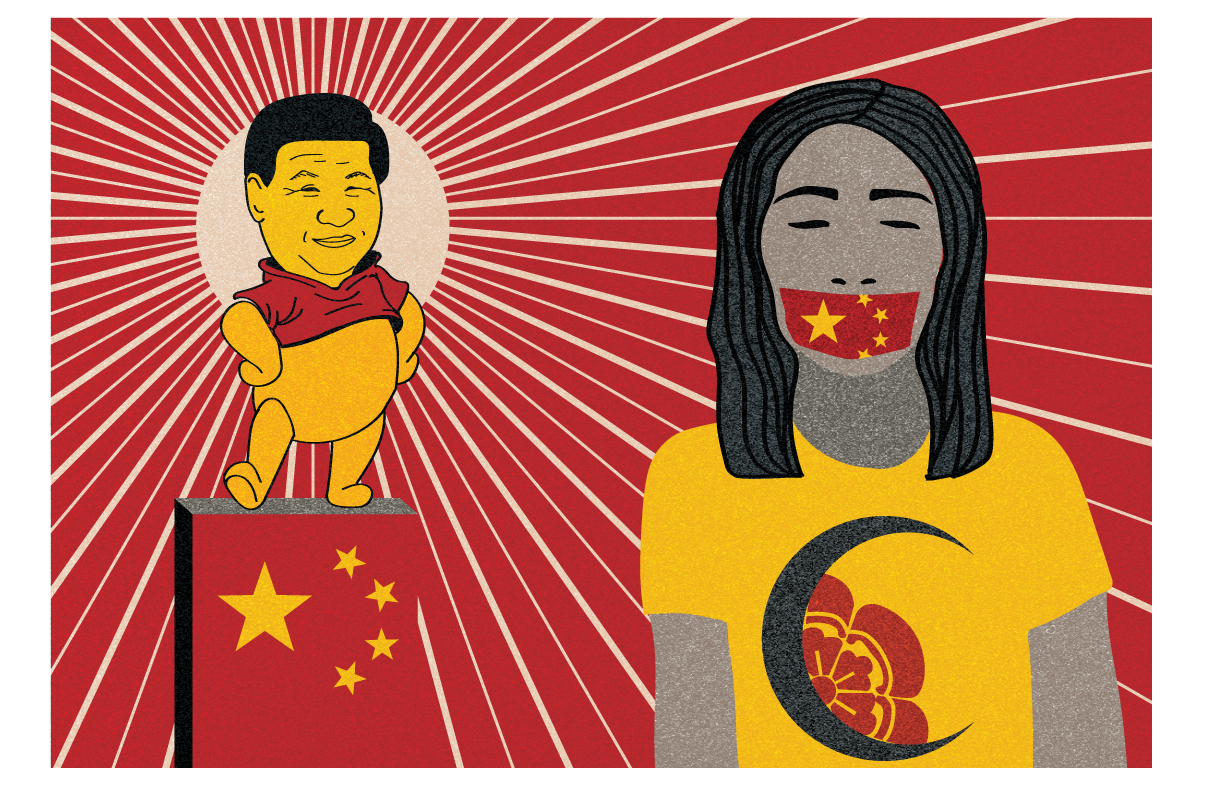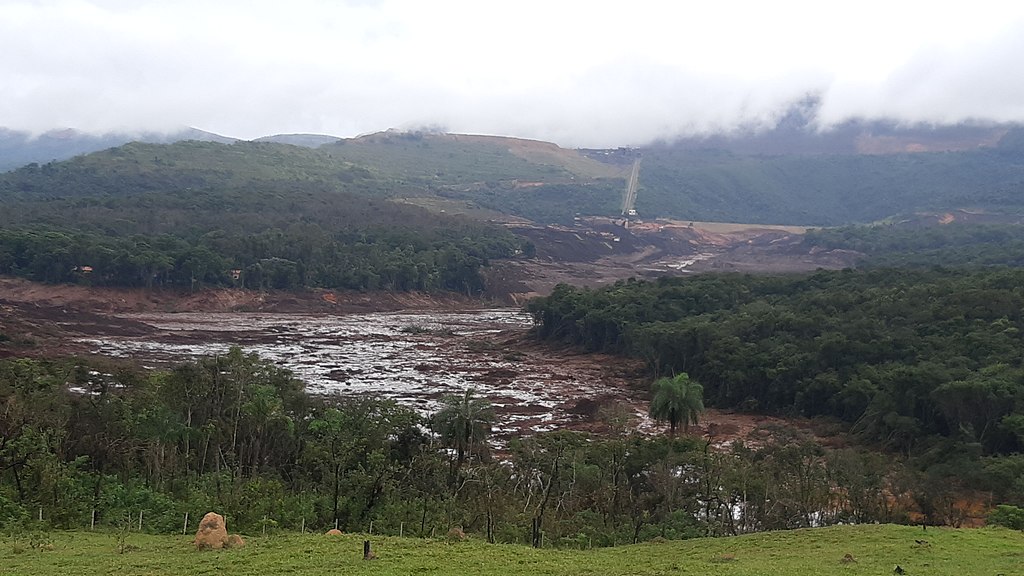Jan. 28 Venezuela: After recognizing opposition leader Juan Guaidó as rightful president of Venezuela in what many have called a United States-backed coup, U.S. Treasury Secretary Steve Mnuchin announced Jan. 28 the implementation of sanctions against Venezuelan oil by the Trump administration. According to The Guardian, $7 billion worth of assets from the state-owned company Petróleos de Venezuela, S.A. will be blocked as National Security Adviser John Bolton pushes for privatization of Venezuelan oil. “It will make a big difference to the U.S. economically if we could have American oil companies really invest in and produce the oil capabilities in Venezuela,” he said as quoted by Democracy Now!
Jan. 31 Manus Island; Melbourne, Australia: The Victorian Prize for Literature was awarded to Kurdish-Iranian asylum seeker Behrouz Boochani, who has been living on Manus Island off the coast of Papua New Guinea for almost six years, Al Jazeera reports. Boochani fled Iran in 2013 after fearing arrest for promoting the Kurdish language and culture following the jailing of fellow colleagues. As he attempted to reach Australia, he and 75 other asylum seekers were sent to the Manus Island Detention Center by the Australian Navy, where he wrote his now award-winning memoir No Friend But the Mountains: Writing from Manus Prison. Though the detention center has since closed, Boochani is still not allowed to leave the island and was unable to receive his award personally in Melbourne where the ceremony took place.
Feb. 1 Palestinian Territories: The U.S. Agency for International Development ceased all assistance to Palestinians of the West Bank and Gaza, as well as $60 million set aside for security services, due to the Anti-Terrorism Clarification Act, which was passed in 2018 and became effective Feb. 1. As reported by BBC, the Palestinian Authority stipulated they no longer wished to receive aid once the ATCA became effective, as the new law allows U.S. citizens to sue recipients of foreign aid over complicity in so-called acts of war. Haaretz also reports the new law could have adverse effects on civil society groups promoting coexistence between Israelis and Palestinians if grants amounting to millions of dollars are lost.
Feb. 1–2 D.C.; Moscow, Russia: The White House announced on Feb. 1 its decision to begin withdrawal from the Cold War-era Intermediate-Range Nuclear Forces (INF) treaty, a landmark agreement signed in 1987 between the former Soviet Union and the U.S. which prohibits the use of ballistic missiles, The New York Times reports. According to German news outlet Deutsche Welle, the U.S. has withdrawn, claiming Russia has been in violation of the treaty for years. “Russia is in material breach of the INF Treaty and must use [the] next six months to return to full and verifiable compliance or bear sole responsibility for its demise,” said NATO Secretary General Jens Stoltenberg. In response to the decision, Russian President Vladimir Putin announced Feb. 2 that Russia would likewise suspend participation in the treaty as they begin building new intermediate-range missiles.
Feb. 3 Red Sea: The UN hosted peace talks between two of the warring parties in Yemen off the coast of Hodeidah in the Red Sea as they attempted to find a neutral territory acceptable for the representatives of both the Houthi rebels and Yemeni government, Al Jazeera reports. Since 2014, civil war has raged in Yemen between the Yemeni government, backed by Saudi Arabia and the United Arab Emirates, and Houthi rebels backed by Iran. A ceasefire was declared in December with the intention of withdrawing forces by Jan. 7. However, both sides have accused the other of violating the agreement. Representatives between the two sides discussed the stalled agreements on Feb. 3 as Head of the UN Mission in Yemen Patrick Cammaert oversaw the meeting.
Feb. 3 El Salvador: Salvadorians headed to the polls to vote in the sixth presidential election following the country’s civil war. TeleSur reported 5.2 million people were expected to vote across El Salvador’s 1,595 polling stations, as the country decides between three candidates: Carlos Calleja of the Nationalist Republican Alliance, Hugo Martinez of the ruling Farabundo Marti National Liberation Front and Nayib Bukele of the Grand Alliance for National Unity. Reuters reported Bukele, largely seen as the anti-establishment candidate amid the country’s two-party system, was ahead in opinion polls. However, as reported by The Washington Post, widespread worry remained among voters over the country’s endemic gang violence.
When I first came to PSU, I was a Chinese major, having studied three years prior in high school alongside French and Japanese. After the first year, I took a hiatus. I don't believe in going to college straight out of high school, but it's what was expected. I returned a few years later to study Japanese at PCC and Arabic at PSU. I am now a junior majoring in International Studies: Middle East and Arabic. In the future, I would like to work as a journalist or humanitarian aid worker in the region, helping people who lack economic and political backing and media exposure.






